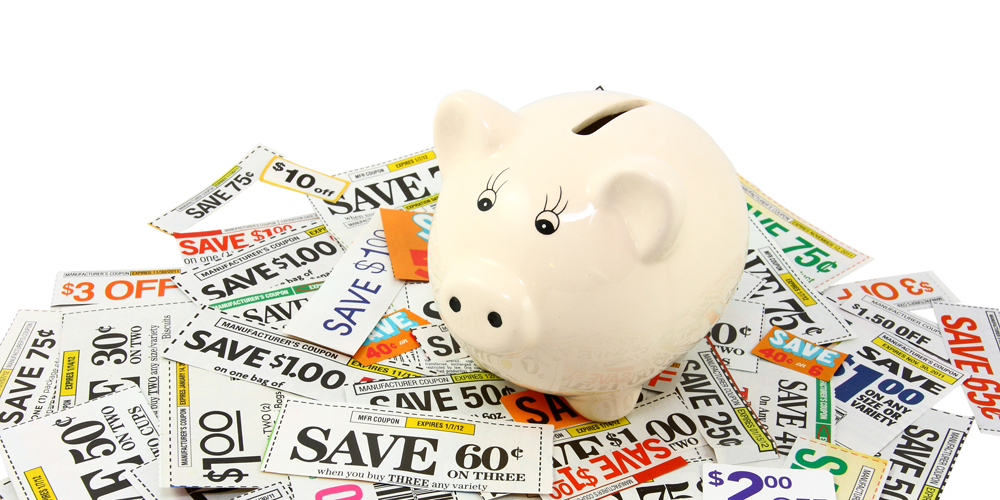
Digging through a basement bargain bin of books, who could resist the urge to purchase Ellen Shell’s book, Cheap: The High Cost of Discount Culture, at 50% off of the cover price? A paradox to the book’s title, of course, the decision to purchase the book was an inevitable tango with a good bargain.
In a society dominated by cheap prices, we are increasingly becoming travelers in a world of foreign and unfamiliar prices. The “Age of Cheap” makes it harder to infer if the price we pay is actually the deal we believe it to be. It’s stressful to constantly renegotiate new norms for what constitutes a fair price while our relationship to pricing is positioned on a slippery slope of value and perception.
The Bottom Line on A Good Bargain
Does paying less make us wealthier? The satisfaction of finding a deal can create great personal joy, but in the long run, cheap prices can point to breaks and flaws in the value chain. The bargain price that we see affixed to clothes, food, or other items could be the result of workers earning below a living wage or materials gathered through unsustainable practices.
Cheap comes at a cost. If the consumer doesn’t pay this cost, who covers it? Workers, suppliers, and the environment are a few easy targets that help carry the burden.
Who is Ultimately Shouldering the Cost
The cost of cheap doesn’t always get paid by something or someone else either. You, as a consumer, might ultimately pay for a cheap price. Maybe you’ve purchased an inexpensive piece of furniture, then spent an entire weekend assembling it. In this case, the cost of cheap has been passed along to you by doing the assembly work. You become an extension of the factory, albeit likely lacking some critical skills and tools.
Consumers work for free, if the price is right, but are inadvertently paying for a cheap price. The initial price might make us more satisfied, but the extra labor doesn’t create wealth.
Let's Reevaluate
It’s hard to put down the 75% off coupon and walk past the deal of a lifetime, but how can we re-evaluate our relationship to price? Knowing that all of our purchases have consequences for ourselves, the environment, and the companies that make our goods, to name a few, we can begin to set our own mandate for how we consume.
We can choose to ignore a bargain and shop with our own standards in mind. The standards we choose are up to us: craftsmanship, quality, sustainability, transparency, etc.
Putting aside the flashy discount sticker, what’s your story with price? What standards guide your decisions to consume?
Interested to know more about willingness to pay and other fundamental business concepts?
About the Author
Jonathan is a member of the HBX Course Delivery Team and works on the Business Analytics course for the Credential of Readiness (CORe) program. He has a background in mathematics, statistics, and design.









